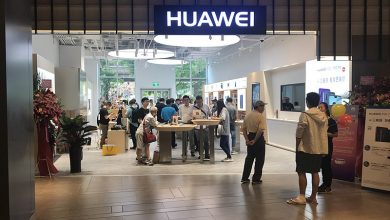Singtel Launches 5G Standalone Trial Network For Enterprises

Singtel has deployed the first 5G standalone for Singapore trial network at its testing facility.
The network provides early enterprises access to 5G to develop and trial 5G solutions, the telco said in a press statement on Thursday.
It uses 3.5 GHz spectrum and advanced Massive MIMO (multiple-input multiple-output) technology of Ericsson to deliver low latency and ultra-fast speeds or response times.
The chief officer (CEO) of the group enterprise, Bill Chang at Singtel, said: “With 5G’s low latency and scalability, enterprises can not only drive efficiencies and make better and more cost-effective decisions, but also deliver richer customer experiences.”
Interested enterprises can register at the website of Singtel and test-bed 5G applications and technologies at the telco’s 5G Garage testing facility at no charge.
Global cloud-gaming provider Ubitus has used Singtel’s 5G standalone network for a 5G cloud-gaming trial.
Which consistently delivered an 85% lower latency of between eight and 11 milliseconds compared to cloud gaming on 4G.
The Ubitus trial was conducted on Singtel’s multi-access edge computing (MEC) platform.

It integrates 5G’s ultra-low latency and high bandwidth capabilities with power cloud computing performance.
The telco said this allows rich graphics to be processed on dedicated services and transferred directly to devices – significantly cutting lag times.
Gaming Experience
It is critical to the gaming experience.
Ubitus CEO Wesley Kuo noted that the trials will inform the company’s designs for games that will test gamers’ reflexes and instincts.
“We will leverage the ultra-low latency of 5G and MEC to offer immersive, hyper-realistic gaming experiences,” he added.
5G and MEC can be integrated with technologies such as robotics, Internet of Things, analytics, artificial intelligence as well as augmented, virtual or mixed reality.
This enables enterprises across industries to leverage the low latency in applications, requiring little or no lag time, Singtel said in its statement.
Examples include remote surgery, smart manufacturing, autonomous driving, remote robotic repair and maintenance, and virtual reality-enabled live concerts.




